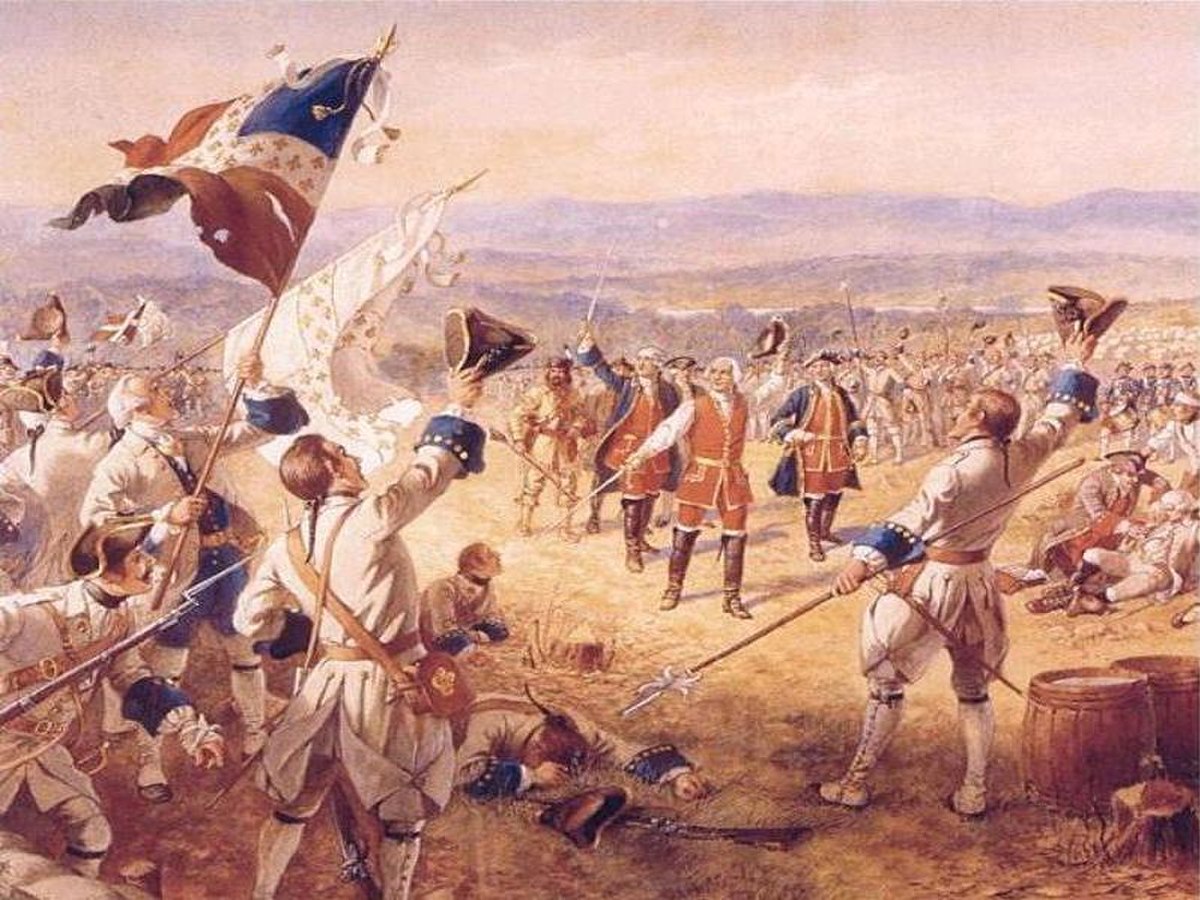
French and Indian Wars
Hudson Bay, SK, CanadaThere were four French and Indian Wars and two additional wars in Acadia and Nova Scotia between the Thirteen American Colonies and New France from 1688 to 1763. During King William's War (1688 to 1697), military conflicts in Acadia included the Battle of Port Royal (1690); a naval battle in the Bay of Fundy (Action of July 14, 1696); and the Raid on Chignecto (1696). The Treaty of Ryswick in 1697 ended the war between the two colonial powers of England and France for a brief time. During Queen Anne's War (1702 to 1713), the British Conquest of Acadia occurred in 1710, resulting in Nova Scotia (other than Cape Breton) being officially ceded to the British by the Treaty of Utrecht, including Rupert's Land, which France had conquered in the late 17th century (Battle of Hudson's Bay). As an immediate result of this setback, France founded the powerful Fortress of Louisbourg on Cape Breton Island.
Louisbourg was intended to serve as a year-round military and naval base for France's remaining North American empire and to protect the entrance to the St. Lawrence River. Father Rale's War resulted in both the fall of New France's influence in present-day Maine and the British recognition that it would have to negotiate with the Mi'kmaq in Nova Scotia. During King George's War (1744 to 1748), an army of New Englanders led by William Pepperrell mounted an expedition of 90 vessels and 4,000 men against Louisbourg in 1745. Within three months the fortress surrendered. The return of Louisbourg to French control by the peace treaty prompted the British to found Halifax in 1749 under Edward Cornwallis. Despite the official cessation of war between the British and French empires with the Treaty of Aix-la-Chapelle, the conflict in Acadia and Nova Scotia continued as Father Le Loutre's War.
The British ordered the Acadians expelled from their lands in 1755 during the French and Indian War, an event called the Expulsion of the Acadians or le Grand Dérangement. The "expulsion" resulted in approximately 12,000 Acadians being shipped to destinations throughout Britain's North America and to France, Quebec and the French Caribbean colony of Saint-Domingue. The first wave of the expulsion of the Acadians began with the Bay of Fundy Campaign (1755) and the second wave began after the final Siege of Louisbourg (1758). Many of the Acadians settled in southern Louisiana, creating the Cajun culture there. Some Acadians managed to hide and others eventually returned to Nova Scotia, but they were far outnumbered by a new migration of New England Planters who settled on the former lands of the Acadians and transformed Nova Scotia from a colony of occupation for the British to a settled colony with stronger ties to New England. Britain eventually gained control of Quebec City after the Battle of the Plains of Abraham and the Battle of Fort Niagara in 1759, and finally captured Montreal in 1760.
